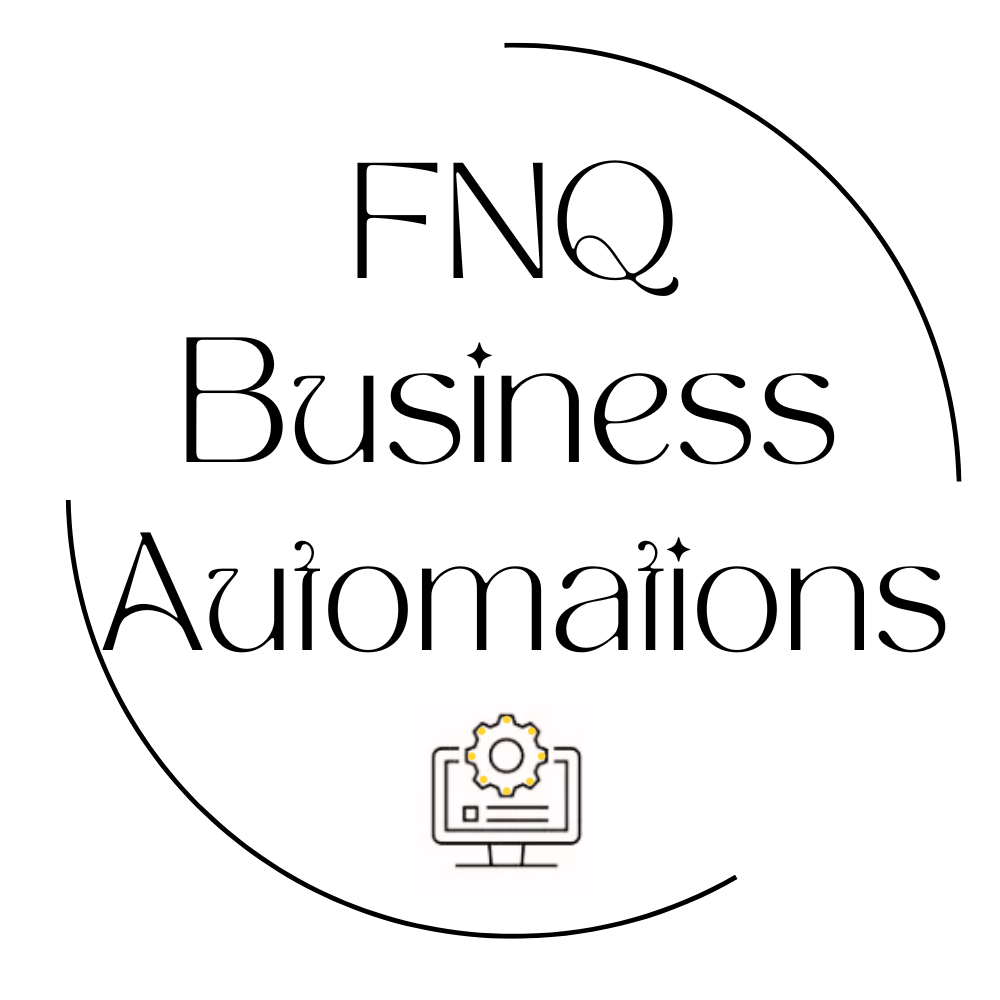AI Capabilities Doubling Every 7 Months
27 March 2025
A study from Model Evaluation & Threat Research (METR), 18 March 2025, reveals that AI agents are evolving at a pace that outstrips traditional computing benchmarks. While Moore's Law predicted that computing power doubles every two years—leading to faster, cheaper devices—the new research shows that AI performance is doubling every seven months, a trend consistently observed since 2019.
The researchers tracked human and AI performance across 170 different software tasks, ranging from quick 2-second decisions to complex 8-hour engineering challenges. They measured how long each task took a skilled human to complete, then tested whether various AI models could complete the same tasks autonomously.
The results showed a clear pattern: The length of tasks that AI agents can reliably complete with at least 50% success rate has been doubling every 7 months since 2019.
Rapid Task Mastery: State-of-the-art models in 2019 could handle only tasks requiring a few seconds of human effort. Today, systems like GPT-4 and Claude 3.7 Sonnet complete tasks that take humans anywhere from 8 to 15 minutes, with Claude 3.7 Sonnet completing tasks that take nearly an hour.
Future Projections: If the current trend continues, by 2030, AI systems could reliably tackle projects that span an entire month—transforming the landscape of human labor and productivity.
Practical Implications: This surge in AI capabilities offers a clear roadmap for businesses and innovators, indicating that the next wave of technological breakthroughs may hinge on AI agents handling extended, coherent sequences of tasks.
As automation becomes capable of managing sustained, complex operations, industries from tech to hospitality are poised to experience transformative changes. The rapid expansion in AI performance underscores a critical inflection point: while current AI agents excel at singular, well-defined tasks, their evolving ability to maintain coherence over longer sequences is setting the stage for broader, more integrated applications.
AI capabilities are rapidly approaching the level where month-long projects can be executed with a high degree of reliability. As companies adapt to this new paradigm, the focus will shift from simply deploying AI to optimising its performance over extended periods—a change that promises to redefine operational workflows and open up unprecedented avenues for automation.
